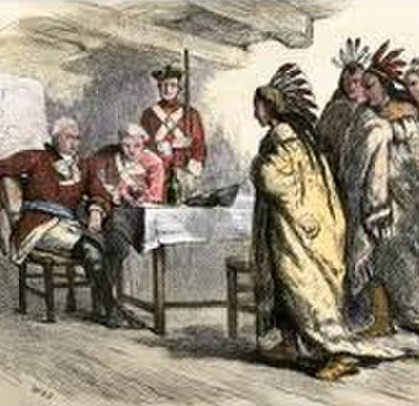
by Richard Subber | Jun 13, 2022 | American history, Book reviews, Books, History, Politics, Revolutionary War
…before the so-called Founding Fathers…
Book review:
The Unknown American Revolution:
The Unruly Birth of Democracy
and the Struggle to Create America
by Gary B. Nash
New York: The Penguin Group: Viking, 2005
The Unknown American Revolution is chock full of facts you probably don’t know about the evolution of the revolutionary spirit in the American colonies.
Here’s a hint: the leather-apron men and other lower class members of what the elites contemptuously termed “the mob” had a lot to do with it.
Gary Nash gives a book full of details demonstrating that there was a whole lot happening in the decades before the shoot-out on Lexington Green and the wrangling in Philadelphia in June and July of 1776.
The point is: there were a whole lot more folks—men and women—involved in addition to the so-called Founding Fathers.
* * * * * *
Book review. Copyright © Richard Carl Subber 2022 All rights reserved.
Book review: The Comanche Empire
this is the other story of the American West…
–
Seeing far: Selected poems with 47 free verse and haiku poems,
and the rest of my poetry books are for sale on Amazon (paperback and Kindle)
and free in Kindle Unlimited, search Amazon for “Richard Carl Subber”
* * * * * *

by Richard Subber | May 23, 2022 | American history, Book reviews, Books, Democracy, History, Politics, Power and inequality, Revolutionary War
ordinary folks had a lot to do with it…
Book review:
The Urban Crucible:
Social Change, Political Consciousness,
and the Origins of the American Revolution
by Gary B. Nash
Cambridge, MA: Harvard University Press, 1979
The Urban Crucible is a densely researched and fully explored comparative history of the economic, social, and political environments in Boston, New York, and Philadelphia during the late 17th and early 18th centuries.
Here’s my hint: there was more well-informed “mob” action than you have read about in other histories.
The early colonial experiences in the three principal seaport towns are vividly contrasted and authoritatively explained. Nash candidly digs deep and deeper into a wide range of primary sources. The sins and the heroics of the leadership elite and the “leather apron” artisans and the anonymous working poor are examined in profoundly realistic historical context.
You can’t read The Urban Crucible and not learn a lot.
* * * * * *
Book review. Copyright © Richard Carl Subber 2022 All rights reserved.
Is the public interested in public interest news?
Isn’t news the new stuff you suddenly want to know?
–
In other words: Poems for your eyes and ears with 64 free verse and haiku poems,
and the rest of my poetry books are for sale on Amazon (paperback and Kindle)
and free in Kindle Unlimited, search Amazon for “Richard Carl Subber”
* * * * * *
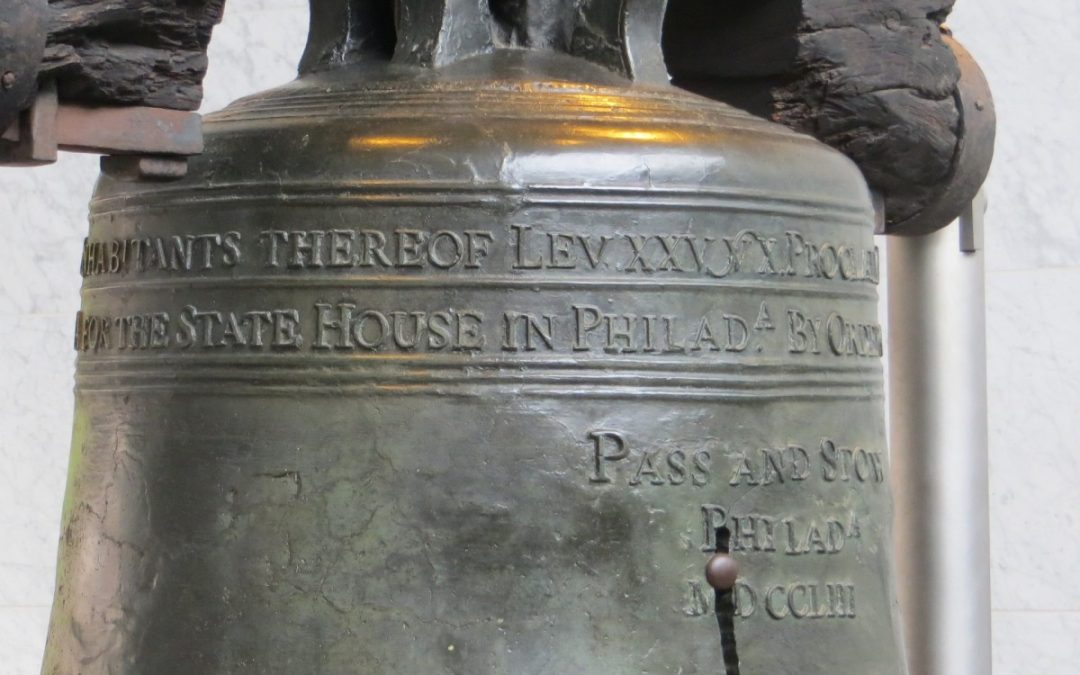
by Richard Subber | May 13, 2022 | American history, Book reviews, Books, History, Revolutionary War
It’s historical, but it’s not history…
Book review:
The Liberty Bell
by Gary B. Nash
New Haven, CT: Yale University Press, 2010
The Liberty Bell is lavishly detailed, and it’s a quick read. Give it a try.
Much of what you “know” about the Liberty Bell isn’t quite right. For starters, the dramatically cracked icon sitting in the Independence National Historical Park in Philadelphia isn’t the “real” bell ordered in 1752 by the Pennsylvania Provisional Assembly. The original bell cracked the first time it was rung, and it was melted and recast as the one-ton bell we now think of as “the” Liberty Bell. It was cracked in the middle of the 19th century. It doesn’t ring any more.
It wasn’t called the “Liberty Bell” until about 50 years after the Revolutionary War started, when it was “adopted” as an icon of freedom by anti-slavery advocates.
I remember seeing the Liberty Bell in Philadelphia in the 1950s when I was a child. I think the guards said nobody could touch it, but I think I put my finger on it when they weren’t looking.
* * * * * *
Book review. Copyright © Richard Carl Subber 2022 All rights reserved.
Book review:
Clotel, or The President’s Daughter
by William Brown,
America’s first black novelist
–
Seeing far: Selected poems with 47 free verse and haiku poems,
and the rest of my poetry books are for sale on Amazon (paperback and Kindle)
and free in Kindle Unlimited, search Amazon for “Richard Carl Subber”
* * * * * *
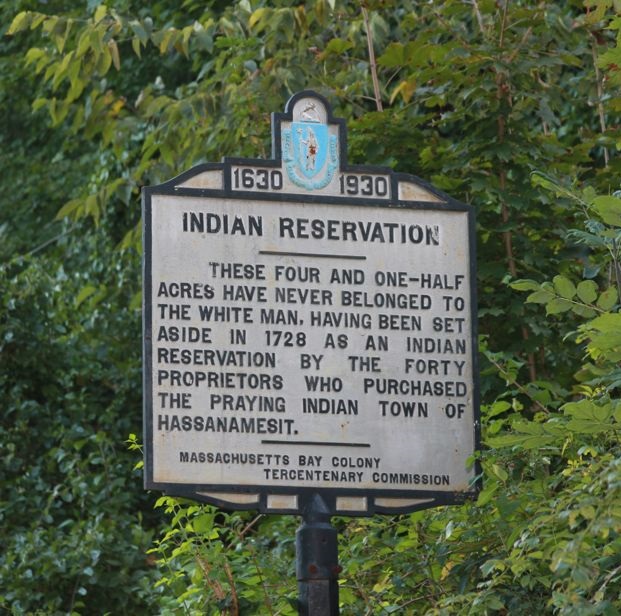
by Richard Subber | May 2, 2022 | American history, Book reviews, Books, History
p.s. there weren’t any Indian “savages”…
Book review:
New England Encounters:
Indians & Euroamericans, ca. 1600-1850
Alden T. Vaughan, ed.
Boston: Northeastern University Press, 1999
427 pages
New England Encounters is a wide-ranging collection of essays from The New England Quarterly.
The relationships of the indigenous Indians and the European colonists were complex. The essays in New England Encounters help to make those relationships more understandable. This process reinforces our understanding that the Indians were not “savages”—they had sophisticated, dynamic cultures.
The Europeans brought guns, germs, and steel (tip of the hat to Jared Diamond).
Nevertheless, Indian cultures persisted for quite a long time.
* * * * * *
Book review. Copyright © Richard Carl Subber 2022 All rights reserved.
How the Irish Became White (book review)
another slice of American history by Noel Ignatiev
–
In other words: Poems for your eyes and ears with 64 free verse and haiku poems,
and the rest of my poetry books are for sale on Amazon (paperback and Kindle)
and free in Kindle Unlimited, search Amazon for “Richard Carl Subber”
* * * * * *
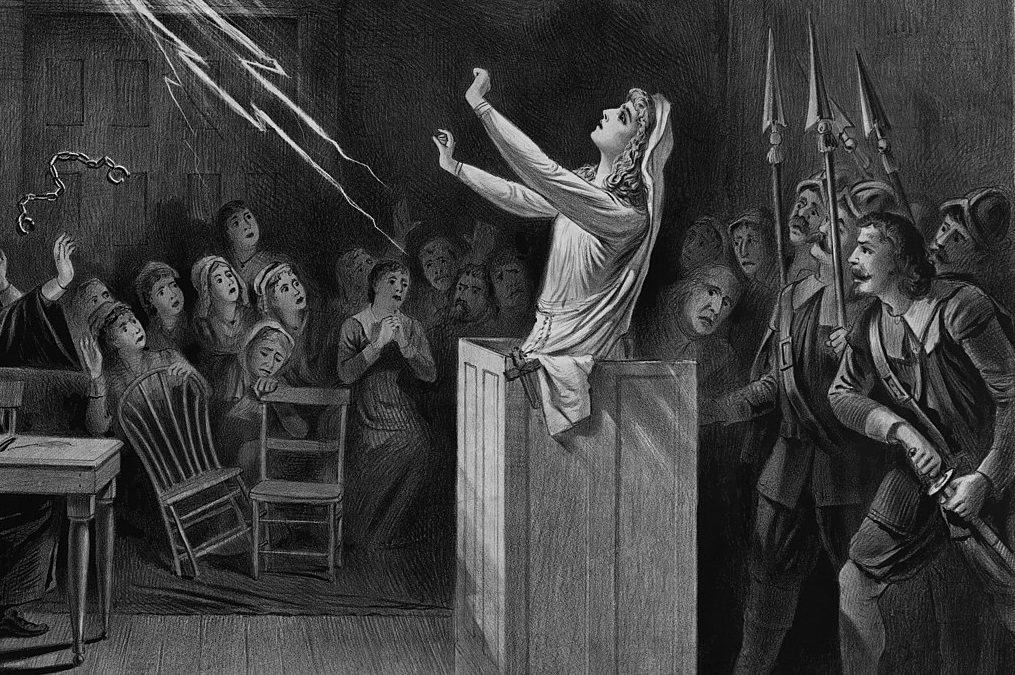
by Richard Subber | Apr 22, 2022 | American history, Book reviews, Books, History, Human Nature
toil and trouble….and craziness
Book review:
The Witches: Salem, 1692
by Stacy Schiff (b1961)
Little, Brown and Company, New York, 2015
498 pages
It may be that Stacy Schiff has neglected to include some fact or sentiment about the Salem witch trials, but I can’t imagine what it might be. The Witches is an expansive compendium of the whos and whats and whys and wherefores of this compelling—yet essentially impenetrable—story about a community gone crazy.
Maybe you had to be there to understand it.
It’s too easy to suggest that the McCarthy Communism hunting in 1954 is a modern analogy, but it won’t work. The whole dreadful McCarthy thing was a political football, approaching a sideshow even though it attracted the nominal attention of the nation and destroyed many lives.
The Salem witch trials (and the witch hunting that went on in neighboring towns) consumed the waking hours of all the townsfolk, who were deeply convinced that witches exist and that they were in league with satanic forces.
For my taste, Schiff tells too much of the story. I would have been content with a less detailed account. There is repetition that is dispensable.
For my taste, she struck a good balance between telling the story as it happened, and inviting the reader to suspect that the teenage girls were fooling all along, and that too many accusers had a personal reason to “get” the accused, and that too many religious and civic leaders who struggled unsuccessfully with their religious faith and the opposing impulses of their arguably decent selves had quickly figured out that the witch craze was a very nasty game.
You don’t need to read the whole book to figure out that there was some very destructive bogus stuff going on in the Massachusetts Bay Colony in 1692.
Maybe you don’t need to read the whole book to be convinced that some folks aren’t continuously motivated by a decent streak of good will and a desire to support communal well-being.
* * * * * *
Book review. Copyright © Richard Carl Subber 2022 All rights reserved.
Book review: Cleopatra: A Life
…don’t even think
about Gordon Gekko…
by Stacy Schiff
–
Writing Rainbows: Poems for Grown-Ups with 59 free verse and haiku poems,
and the rest of my poetry books are for sale on Amazon (paperback and Kindle)
and free in Kindle Unlimited, search Amazon for “Richard Carl Subber”
* * * * * *
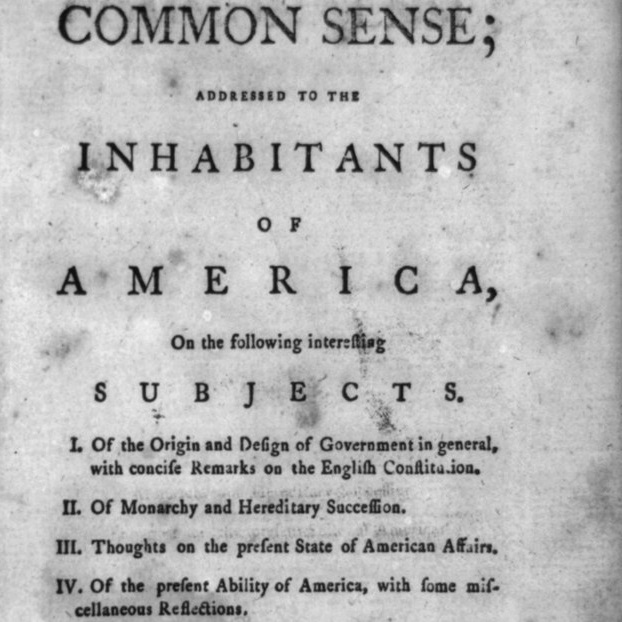
by Richard Subber | Apr 16, 2022 | American history, Book reviews, Books, Democracy, History, Politics, Revolutionary War
He didn’t mention the “k” word…
Book review:
Common Sense
by Thomas Paine
Isaac Kramnick, ed., intro.
New York: Penguin Books, 1986
When I re-read a classic, I try to prepare myself for a couple “aha!” moments and one or two “uh oh!” moments.
I wasn’t disappointed in reading Common Sense this time.
Paine first published (anonymously) his 47-page “pamphlet” on January 10, 1776, after the shooting at Lexington-Concord and before the Declaration of Independence was approved.
Of course, everyone knows Paine argued for “independance” (his 18th century spelling).
This time around, it’s of interest to me to note that Paine very carefully avoided directly challenging King George III by name or even by spelling out his title—the text is full of “k—” references. Paine fully and explicitly described and condemned the bad things that old George was doing and likely to do.
Also, it’s of interest to me that Paine notably includes in his arguments for “independance” that America’s trade and international commerce would be buttressed by separation of the British colonies from Britain. He freely uses “America” and “Americans” in referring to the colonies and the colonists, although a huge majority of English colonists likely thought of themselves as “British” citizens.
Paine gives ample space to biblical themes.
Common Sense was widely and repeatedly republished in 1776 and thereafter—it was astoundingly popular in America, Britain, and elsewhere. Historians suspect that 75,000-100,000 copies were printed.
* * * * * *
Book review. Copyright © Richard Carl Subber 2022 All rights reserved.
The “dime novels” in the Civil War
Think “blood-and-thunder”…
–
My first name was rain: A dreamery of poems with 53 free verse and haiku poems,
and the rest of my poetry books are for sale on Amazon (paperback and Kindle)
and free in Kindle Unlimited, search Amazon for “Richard Carl Subber”





